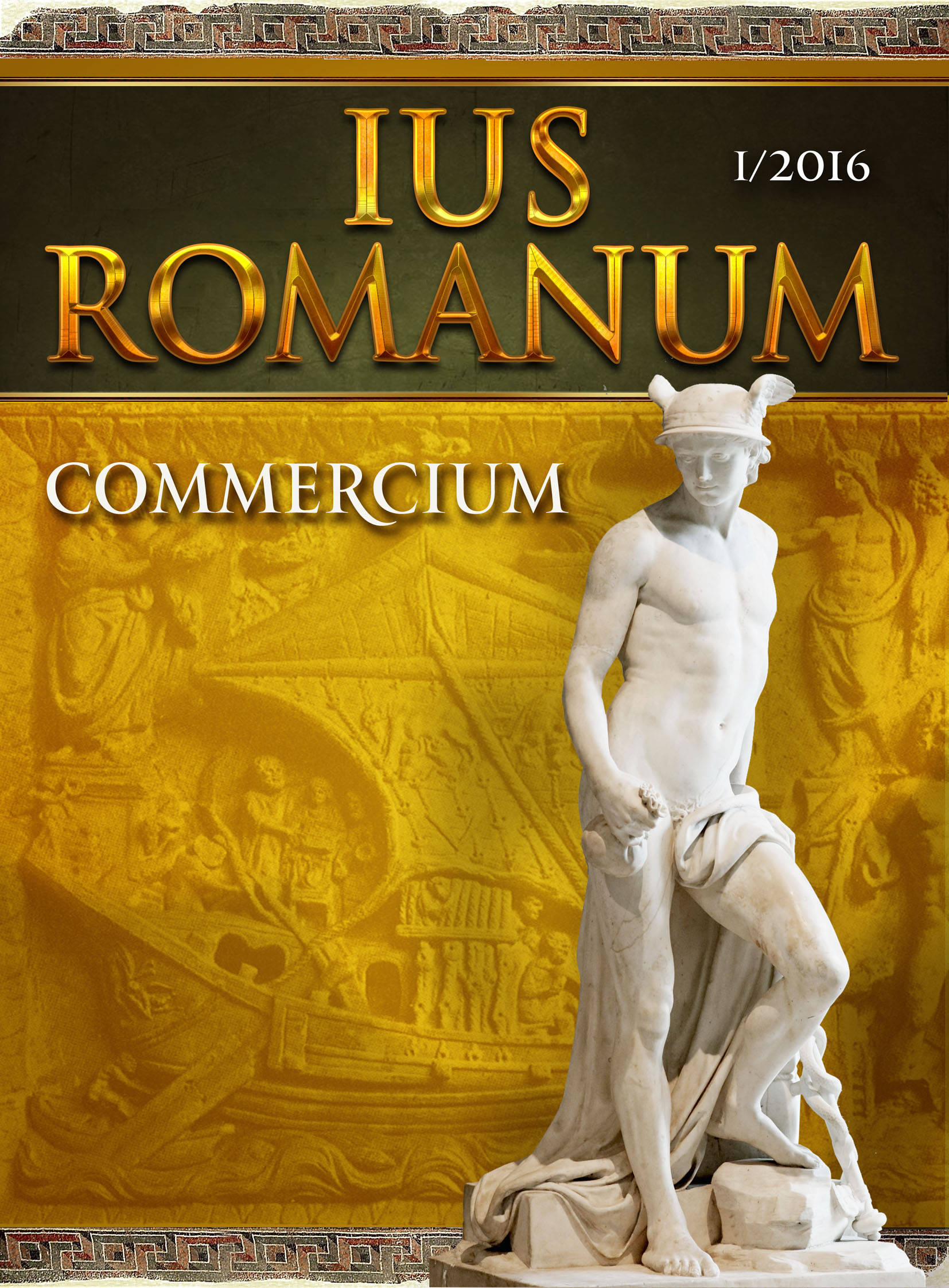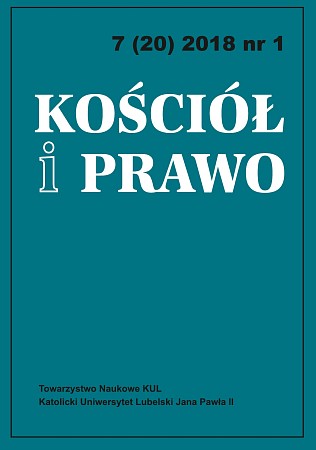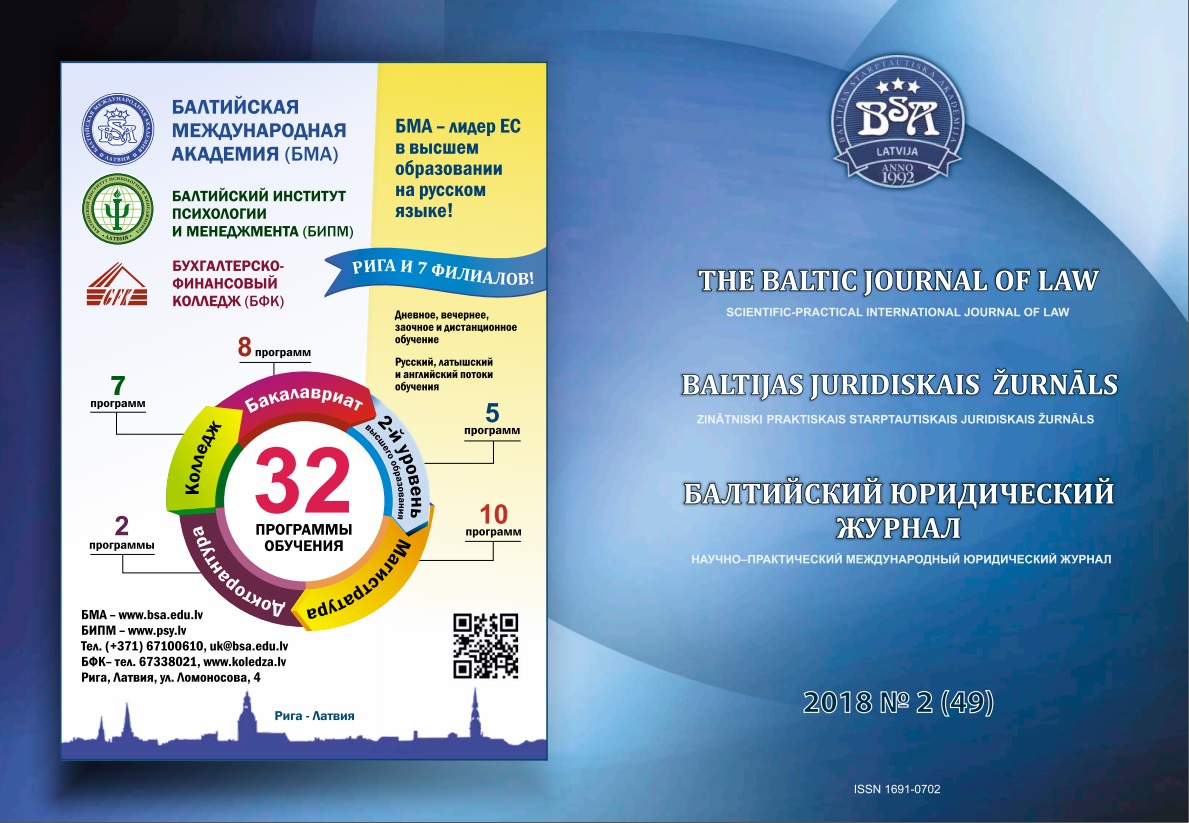Author(s): Hicran Karataş / Language(s): English
Issue: 38/2018
Law, from archaic times until today, has corresponded to a cultural system regulating the relationship and activities between individuals by determining mutual rights and responsibilities. Yet, every practice that is formed in Folk Law becomes functional in parallel with the social institutions of the society it comes from. Folk Law guarantees the functions that social institutions face in communal living. In order to provide the continuity of institutions like family, economy, education and religion it is equipped with various arrangements. In addition to law order, that is reinforced with authority of government or in spite of them, it is seen that folk laws provide the function of establishing order. Positive law regulations these have been reinforced by state authority consists of written norms. In the face of positive law, there are other law orders that the people resort to solve their legal disputes. These kind of orders are defined with the term of Folk Law under a general framework. Folk Law is a body of compulsory, liable, punitive or forgiving verbal rules these guarantee the rights of individual in the process of socialization by defining them as responsibilities to other members of social group. The literature shows that even small-scale social groups, which share at least one common cultural element, have developed effective folk law orders that cannot be ignored. These arrangements are often applied by the people when it comes to legal disputes, and sometimes they are able to function much faster and more effectively than positive ss. In this context, it has academically confirmed and examined that the order function is also met by folk law systems. This reality can be explained in the field of social sciences on the axis of pluralistic law theory and cultural relativity. Thus, the processes of producing, supervising and implementing norms of non-state law orders can be described. The research will be discussed through local patterns of how is positive law tested by folk, culture, subcultures in the framework of patriarchal ideology and gender. The objectivity and neutrality of law becomes open to interpretation When it comes to application of norms within the framework of patriarchal ideology. Under these conditions, legal norms are represented in the field of trial with different practices in terms of gender. The influence of the patriarchal ideology, which acts as a norm source of law, on a traditional method of punishment shall be discussed as well.
More...




